Book Review: A Tree Grows in Brooklyn
By Elizabeth Suggs
For this week, I would like to talk about “A Tree Grows in Brooklyn,” a semi-autobiographical story published in 1943 by Betty Smith. Betty focuses on a young impoverished girl Francine Nolan and her family living in Williamsburg, Brooklyn, New York City, during the first two decades of the 20th century.
As a coming of age story, Francine is neither exceptionally clever nor beautiful. Instead, she has a sort of relatable awkwardness that’s easy to fall in love with. It’s this quality that just added another little gem to the story that kept me reading.
To survive, Francine uses that awkwardness with hidden bravery to better face her poverty. She is a very admirable character and grows even greater as she ages. However, like many coming of age stories, there are hiccups, but those are lovable, enduring hiccups.
The tree that grows in Brooklyn, in which the book is based on, is one that grows in the inner city, as a sort of "Tree of Heaven." It’s this tree that symbolizes how poverty, though it lives harsh, has a persistent ability to flourish despite its circumstances.
This story is just under five hundred pages, divided into five different “books,” that cover a different segment of the characters’ lives. I particularly like this because it helps readers not feel so “overwhelmed” with the content stuffed into the book.
After doing some research, I found that after its release, the book was given as an Armed Services Edition, the size as a paperback, and small enough to fit in a soldier’s uniform pocket. One Marine wrote to Betty, “I can’t explain the emotional reaction that took place in this dead heart of mine...A surge of confidence has swept through me, and I feel that maybe a fellow has a fighting chance in this world after all.” [1]
This book was successful both because the Armed Services Edition, and because Betty Smith drew from her own life experience as a child of poor immigrant parents, growing up at the turn of the twentieth century.
Overall, I enjoyed this book. This is much easier to read than some of the other heavy classics but no less important. I would recommend this book, especially if you’re not used to classical literature, and want to get into them.
If you’re writing a book, either classic or otherwise, contact us to help get that to the market all polished and ready to go.
Elizabeth Suggs is the owner and founder of Editing Mee. When she’s not writing or editing, she loves to dive deep into books (the weirder, the better!), and she loves to take random long walks to unplanned destinations.
Like this blog? Try my book review on Anna Karenina.



